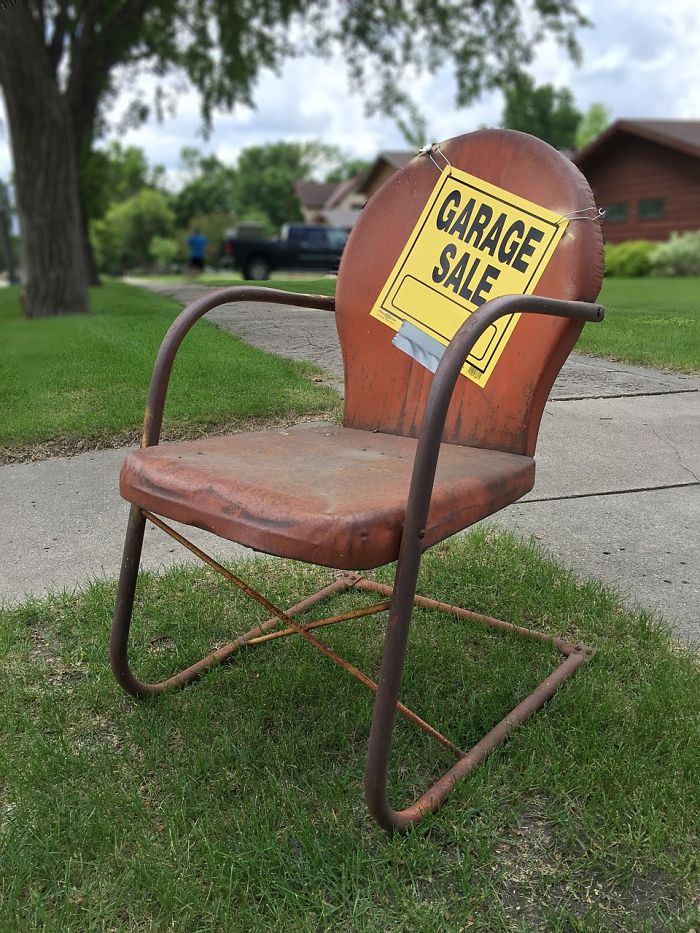
A bankruptcy lawyer seems to often have the unpleasant task of telling a debtor that their possessions have little value.
I don’t know whether it’s a defense mechanism or just ingrained thinking, but I have clients tell me all the time that their assets have values far beyond what seems likely in the current market.
Tools of the trade are a frequent example: the mechanic tells me his tools are worth $10,000.
Me: Oh, could you sell them today for that?
Client: Well, probably not.
Me: If you had to turn them into cash this month, what could you get?
Client: Maybe $1500 or $2000.
For everything but collateral subject to §506, I ask the client to image selling the items in question at a garage sale, or on Craig’s List, or the like.
What kind of cash could you realistically raise, today, for the stuff in its present condition, without repair or refurbishing?
Another valuation quirk that seems to come up often involves valuing life insurance. The client gives you the death benefit of the policy. The form calls for the cash value or loan value of the policy.
It’s worth taking the time to get well-grounded numbers, particularly if your client’s assets are subject to a tax lien. Whatever value you put on the “stuff”, your client is likely to have to pay that sum to get the lien released.
Also, you don’t want to have overvalued assets in the event that new assets come to light whose value puts you over the exemption limits you are working with. It is hard to have much credibility when you try to amend the schedules to reduce the values to real-world when there’s something for the client to gain thereby.
Take the time up front to get good values, ones that you and your client are prepared to live with for the life of the case.








Try explaining to a client that the contents of her store are not worth what she paid for the inventory.
What would you get if a similar store owner bought all your inventory today? About 5% is my best guess.
Yet my client has placed a wildly high number on the inventory.
So do I let her hang herself with the trustee and put the value she insists? Or do I put the value I think is reasonable?
Tough call. But I think the client’s husband will talk some sense into her.
I vote for letting her hang herself, if she insists. I wouldn’t want her testimony when asked how she got a particular value to be “My lawyer told me…”
I would want a letter in my file to her on how she should value assets.